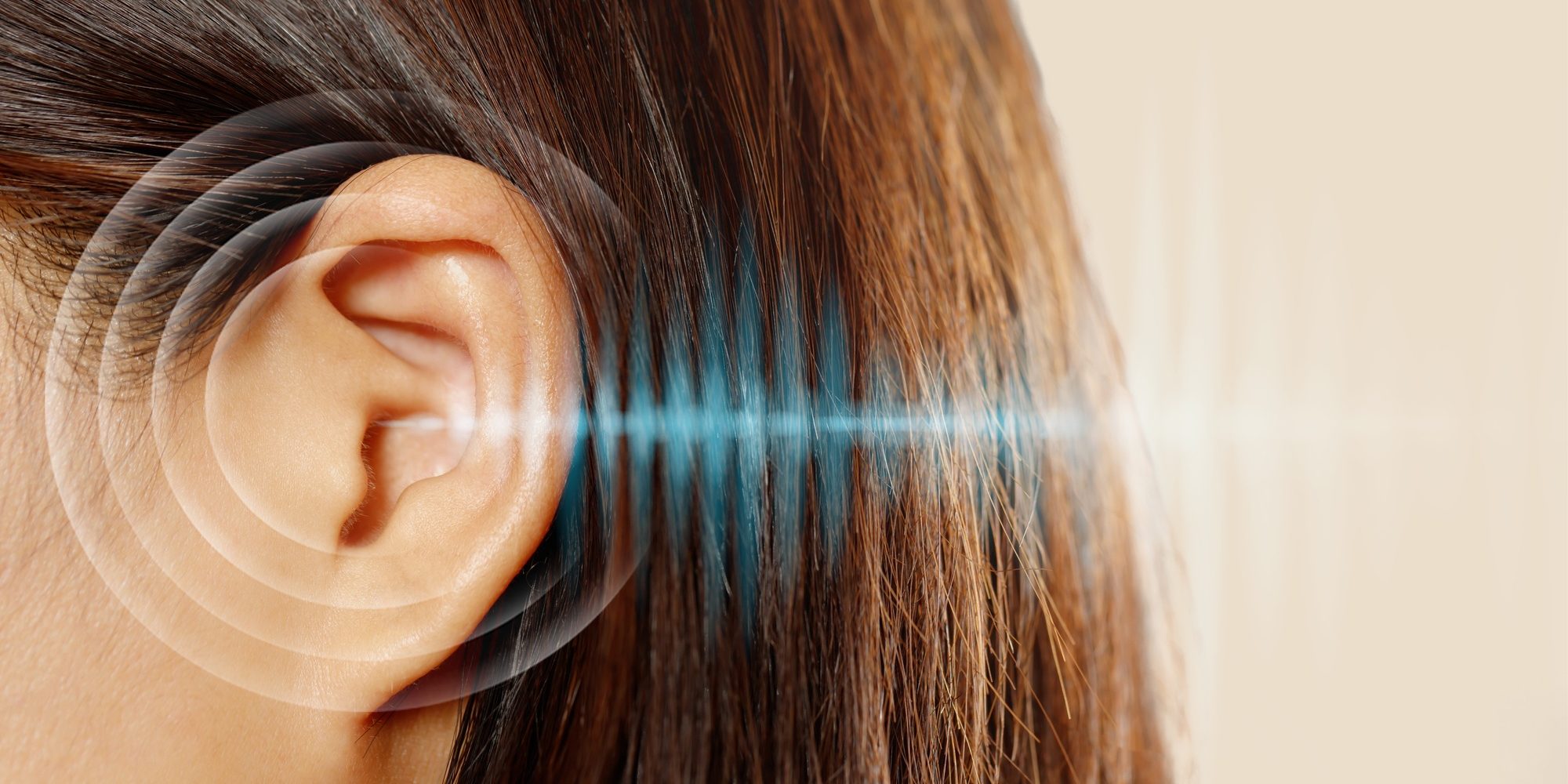Tinnitus is an annoying symptom that is perceived as a persistent ringing, buzzing or whistling in the ears. Although often seen as a minor nuisance, for many, tinnitus can be an extremely unpleasant condition that seriously affects quality of life. The nature and extent of tinnitus varies greatly between individuals, as it can range from intermittent sounds that are barely noticeable to continuous sounds that interfere with performing even simple, everyday activities.
Types of tinnitus
Tinnitus can be divided into two main categories, subjective and objective. In the case of subjective tinnitus, which is the most common type, the sounds are perceived only by the patient. They can be caused by problems in the outer, middle or inner ear, as well as by disorders in the auditory nerves or the part of the brain that interprets auditory signals as sounds. Objective tinnitus on the other hand is also perceived by third parties. These are rarer and may be caused by vascular disorders, diseases of the auditory ossicles in the middle ear or muscle spasms.
What causes this symptom?
There are many factors that can cause or worsen tinnitus. Often, the exact cause is not clear, but some of the more common causes include:
- Damage to the hair cells of the inner ear, cells that release electrical signals that reach the brain via the auditory nerve. When these are damaged, the signals become irregular, leading to tinnitus.
- Presbycusis, since hearing loss due to advanced age cannot be ruled out to be accompanied by tinnitus.
- Exposure to loud noises, as prolonged exposure to high-intensity noises can cause permanent hearing damage and consequently tinnitus.
- Extensive accumulation of ear plug (wax) in the ear.
- Abnormal function of the Eustachian tube.
- Diseases affecting the ears such as Meniere’s syndrome, otosclerosis or acoustic neuroma.
- Various diseases involving the temporomandibular joint.
- Conditions such as high blood pressure, cardiovascular problems, anemia, any allergies, hypothyroidism and diabetes.
- Any injury to the head, ears, or neck that causes or worsens the tinnitus.
- Taking certain ototoxic or other medicines (some antibiotics, diuretics, antidepressants or non-steroidal anti-inflammatory drugs), which can either cause or worsen tinnitus.
- It should be noted that drinking alcohol, smoking, caffeine, stress and fatigue can not cause, but increase the intensity of tinnitus.
Management options for tinnitus
Effective treatment of tinnitus depends on the underlying cause. If the tinnitus is the result of a medical condition, treating it may reduce or eliminate the tinnitus. However, in cases where the causes involve damage to the cochlea, the tinnitus may be more persistent. There are several ways to reduce and prevent tinnitus, such as:
- Treating underlying problems such as infections or accumulation of alveolar plug.
- Hearing aids and cochlear implants in cases of extensive hearing loss
- Sound insulation with special devices.
- Tinnitus retraining therapy.
- Stress management.
- Intratympanic infusions.
- Adopting beneficial habits such as protecting the cardiovascular system through proper nutrition and exercise or reducing caffeine and alcohol consumption.
- Administering pharmaceuticals or nutritional supplements.
In any case, tinnitus is a complex and highly annoying symptom with a variety of causes. This symptom unfortunately exerts significant restrictions not only on daily life but also on the psychological state of the sufferer. Hearing a constant buzzing in the ear we can easily imagine the irritation and discomfort it causes. In order to therefore mitigate the effect of this condition on daily life, timely evaluation by a specialized otolaryngologist is deemed necessary. Applying an integrated approach can successfully treat tinnitus and significantly improve the quality of life of sufferers. ENT Surgeon in Athens Dr. Olga Papadopoulou implements the appropriate treatment plan, in order for the tinnitus to cease to be an obstacle in the daily life of the patients.


